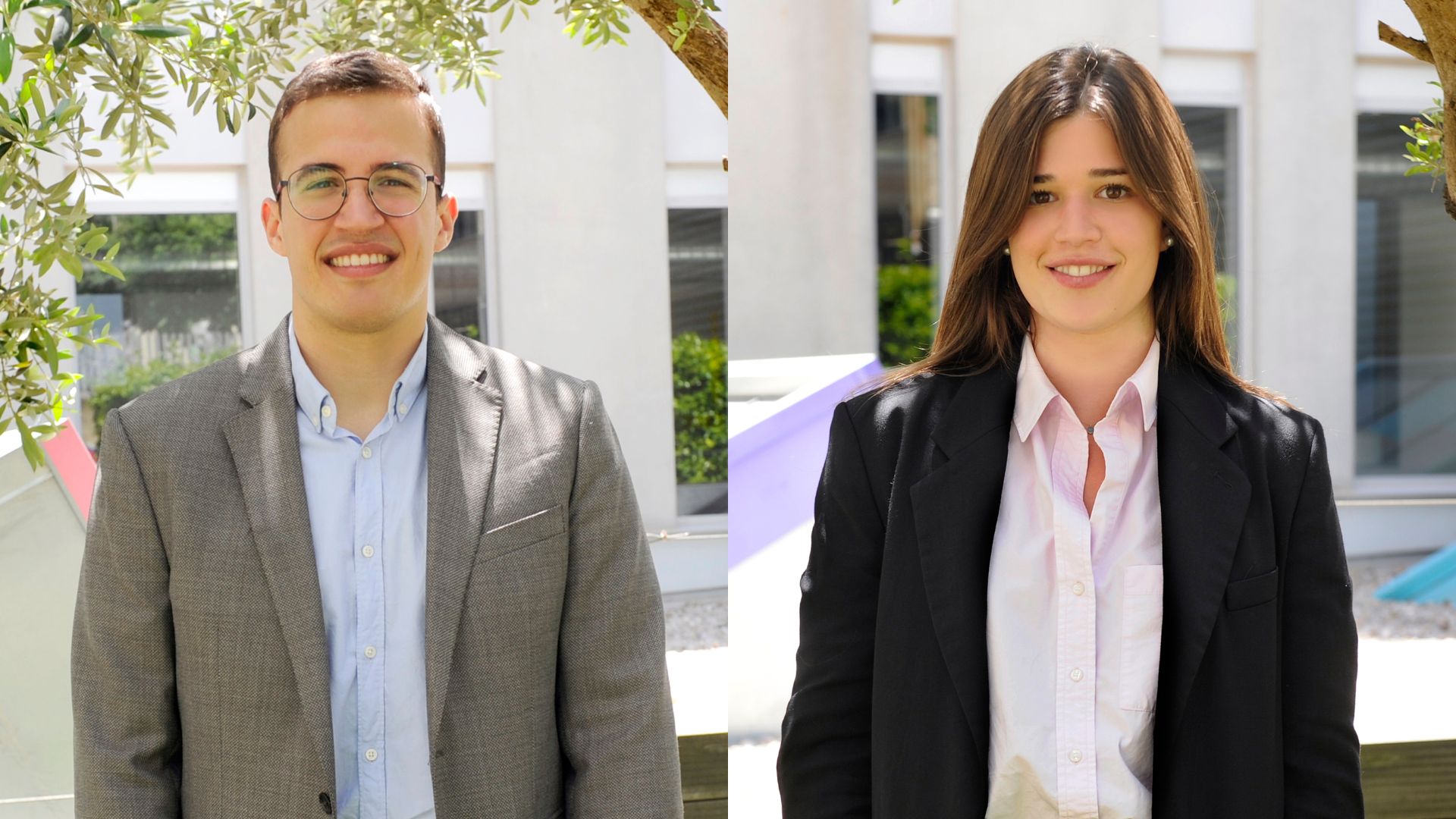Transforming drug development with digital twins of the heart
- Corify Care and GENESIS Biomed will develop a technology platform that uses non-invasive mapping, mathematical models of the heart and artificial intelligence to predict the side effects of treatments.
- This is possible thanks to AseBio setting up an AEI (Agrupación Empresarial Innovadora or Innovative Business Association)

Over 18 million people die of cardiovascular diseases each year around the world. It is one of the main causes of death in Europe. “We understand the diseases but we don’t know much about the heart itself and the diagnostic systems and treatments. Many new treatments never reach clinical practice because they have side effects on the heart that can’t be predicted in pre-clinical research,” explains Andreu Climent, founder and CEO of Corify Care.
However, a solution that will allow the scientific community to digitally simulate a real cardiac environment is here and it’s called DIGI-Heart. Through the close collaboration of Corify Care, GENESIS Biomed and AseBio as an Innovative Business Association (AEI), the idea for this company, just three years old and initially from Hospital Gregorio Marañón, has received nearly €300,000 in support from the Ministry of Industry, Trade and Tourism.
The Corify Care ACORYS mapping system, already complete and awaiting regulatory approval, is a non-invasive tool that maps the heart quickly and easily, able to compile data on thousands of patients. “In 10 minutes, it lets us see what is happening anywhere in the heart, in healthy hearts, pathological hearts, or any sort, without having to operate,” explains Climent. Thanks to this non-invasive mapping, it is possible to create digital twins that can be used to quickly and safely assess how current pharmacological therapies and medical devices being developed impact the heart.

Accelerating the process
It is very difficult to develop drugs in the dark. This map is a guide that provides multiple views of a delicate, vital organ. And having it is a huge step forward in a process that takes roughly 15 years. For example, it can take more than a decade for an innovative idea to become a drug that is on the market and available to patients. But what if we could prevent the side effects it can have on the heart over that complex, costly period? “We want to be a global benchmark and make this tool for understanding how drugs behave available to the whole medical and scientific community. Many are discarded in the final phase due to their adverse cardiac effects. We could prevent that from happening,” the entrepreneur believes.
But it wouldn’t have been possible without the consultancy firm GENESIS Biomed, which has helped them turn a patent into a marketable product. The consultancy, over the course of the project, will conduct a market study, analyse the various business models to implement the solution in clinical practice and among pharmaceutical and medical device companies, and develop a commercialisation plan prioritising potential clients, etc.
Although it will take some time to adapt, the Corify Care digital tool is very much in line with the goals of regulatory agencies like the FDA (Food and Drug Administration) and the EMA (European Medicines Agency): cutting costs and accelerating time to market for new treatments. Berta Tenas Ureña and Alberto Rodríguez Cañada, both consultants with GENESIS Biomed, are sure this will be the case: “It will be a solution that speeds up the clinical phases of development, which will shorten the overall development time and cut costs. This will mean studies using it will have shorter timelines and reach the market sooner.”
In short, cutting costs and development time for solutions to cardiac conditions and other pathologies is a priority for Europe and the United States, and Spain should get out ahead of the pack and incorporate these new technologies, taking advantage of the country’s potential in the field of AI.
Once again, biotechnology has reached a new milestone and proved to be an industry of firsts. As GENESIS Biomed explains: “DIGI-HEART will be the first tool available for pre-clinical studies using digital twins of human hearts” with a clear, shared goal: to improve patients’ prognoses and lives.






